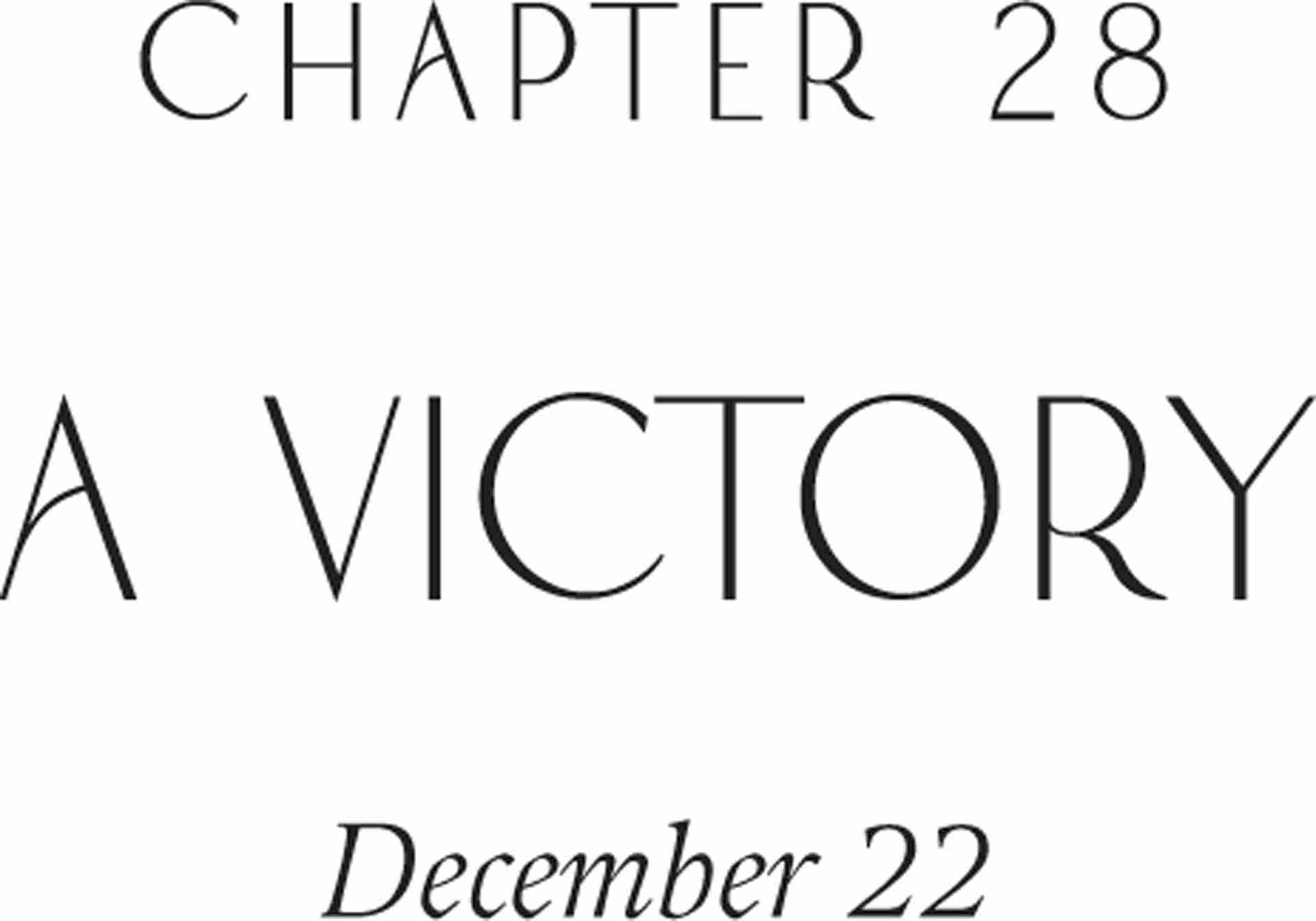
The Christmas party was put on by the Japanese Christian Church, but all of Japantown came. Pews had been shoved to the sides of the room to create one large, open space. In the corner, someone had set up a Christmas tree, its branches loaded with origami and seashell ornaments. A table brimming with a potluck buffet stood in the middle of the room.
Children in their starched and ironed best ran wild around the buffet, spilling rice balls and snatching konpeito. Their parents stood in small groups, eating and talking. Some of the groups were cheerful, swapping gossip like any other year. Other clusters huddled, their whispers rippling with fear. Kiki stood in the middle of a flock of boys, beaming in a garnet party dress.
“Merry Christmas, Sam.” Hiro walked up to where I stood alone by the punch bowl. Charlie followed close on his heels.
“Merry Christmas.” I combed my bangs with my fingers.
Charlie beamed. “Hiro, tell Sam what you just told me,” he said, helping himself to a glass of punch.
Hiro grinned. “Dad thinks McClatchy is going to let Mr. Bush rehire his Japanese workers.”
I looked from one boy to the other. Their faces both shone. “Really? McClatchy?”
Hiro nodded. “I didn’t think Dad could do it, but it’s true.”
“How?” I asked.
“Shitsurei.” From behind me, Mrs. Yamaguchi approached, carrying a pitcher to refill a punch bowl, and Hiro stepped away from the buffet. As Charlie and I followed, Hiro told us the story.
Mr. Tanaka and the two other men stood in front of the store all Friday. On Saturday, six more men joined them. Hecklers—that some people speculated McClatchy had hired—threw water and then ice balls at the group, but the men stood their ground.
“Shoppers started to stay away,” Hiro said. “And not just Japanese shoppers, either. Some of the white brickyard workers realized that if McClatchy could threaten the foreman, their own jobs would be in danger if they ever crossed him. There was even one man who came to shop and then turned around to go home after talking to Dad.”
“Amazing,” Charlie said.
“The guy said, ‘I worked alongside a couple of you folks. Hard workers. Earned my respect.’ ”
I shook my head, my grin spreading.
“The store was closed on Sunday, but today, McClatchy finally came out. Only three days left till Christmas, and he still has all this stock. Dad said he came out with his hands in his pockets, head down like he was going to walk right past,” said Hiro. “But he stopped. He said, ‘If you’ll move aside until Christmas, I’ll speak with Bush about hiring ’em back.’ ”
“He actually budged!” Charlie crowed. “Man, I wish I had been part of it!”
“Just like that?” My grin slipped. It seemed too easy.
“Well, we’re not done yet,” Mr. Tanaka said in Japanese as he and Dad came up behind us, each holding plates full of pink rice and sashimi. A small crowd of men followed, listening. “There’s still a possibility that McClatchy could renege. But if things work out, come January, you’ll be back at work.”
Charlie lifted his punch glass in the air. “Yatta!” Success!
“With your wages, we’d have a chance at the mortgage,” Dad said in Japanese. His grin was as goofy as Charlie’s.
As the men toasted each other, cheering when someone pulled out a flask of something stronger than punch, I stumbled to an empty chair. I wanted so much to believe Mr. Tanaka had won, that Charlie would get his job back and the farm would be saved. But as I thought of my conversation with Beau, something dark squirmed in the pit of my stomach.